Tuesday, Oct 22, 2024 | 03:15 PM - 04:05 PM
Location: Meeting Halls A&B HQ1-3-430A&B
![]() Click here for the photos
Click here for the photos
OVERVIEW
One of the most promising solutions for enhancing cross-border payments in the near term is the interlinking of fast payment systems (FPS). More than 70 FPS are in operation around the world and many more are being developed. A critical component for interlinking FPS is the governance and oversight of such arrangements, which is one of the more challenging aspects of cross-border payments. Upon request from the G20 Presidency, the CPMI has developed a governance and oversight framework for FPS interlinking arrangements. This session will review experience and progress in interlinking FPS, examine workable governance and oversight approaches and discuss which lessons, and preconditions, can be learned for the future cross-border payments.
OPENING REMARKS
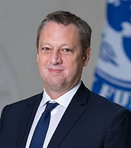 Tobias Adrian Financial Counsellor and Director of MCM, IMF
|
Tobias Adrian is the Financial Counsellor and Director of the Monetary and Capital Markets Department of the International Monetary Fund (IMF). In this capacity, he leads the IMF’s work on financial sector surveillance, monetary and macroprudential policies, digital money, financial regulation, bank resolution, debt management, capital markets, and climate finance. He also oversees capacity building activities in IMF member countries with regard to the supervision and regulation of financial systems, bank resolution, central banking, monetary and exchange rate regimes, central bank digital currency, and debt management. Prior to joining the IMF, Mr. Adrian was a Senior Vice President of the Federal Reserve Bank of New York and the Associate Director of the Research and Statistics Group. At the Federal Reserve, he contributed to monetary policy, financial stability policies, and to crisis management. Mr. Adrian has published extensively in economics and finance journals. His research spans macro-finance, monetary policy, financial stability, and climate finance, with a focus on aggregate consequences of capital markets developments. He has taught at Princeton University and New York University. He is member of the editorial boards of the International Journal of Central Banking and the Annual Review of Financial Economics. Mr. Adrian holds a Ph.D. from the Massachusetts Institute of Technology in Economics, an MSc from the London School of Economics in Econometrics and Mathematical Economics, a Diplom from Goethe University Frankfurt and a Maîtrise from Dauphine University Paris. He received his Abitur in Literature and Mathematics from Humboldtschule Bad Homburg.
MODERATOR
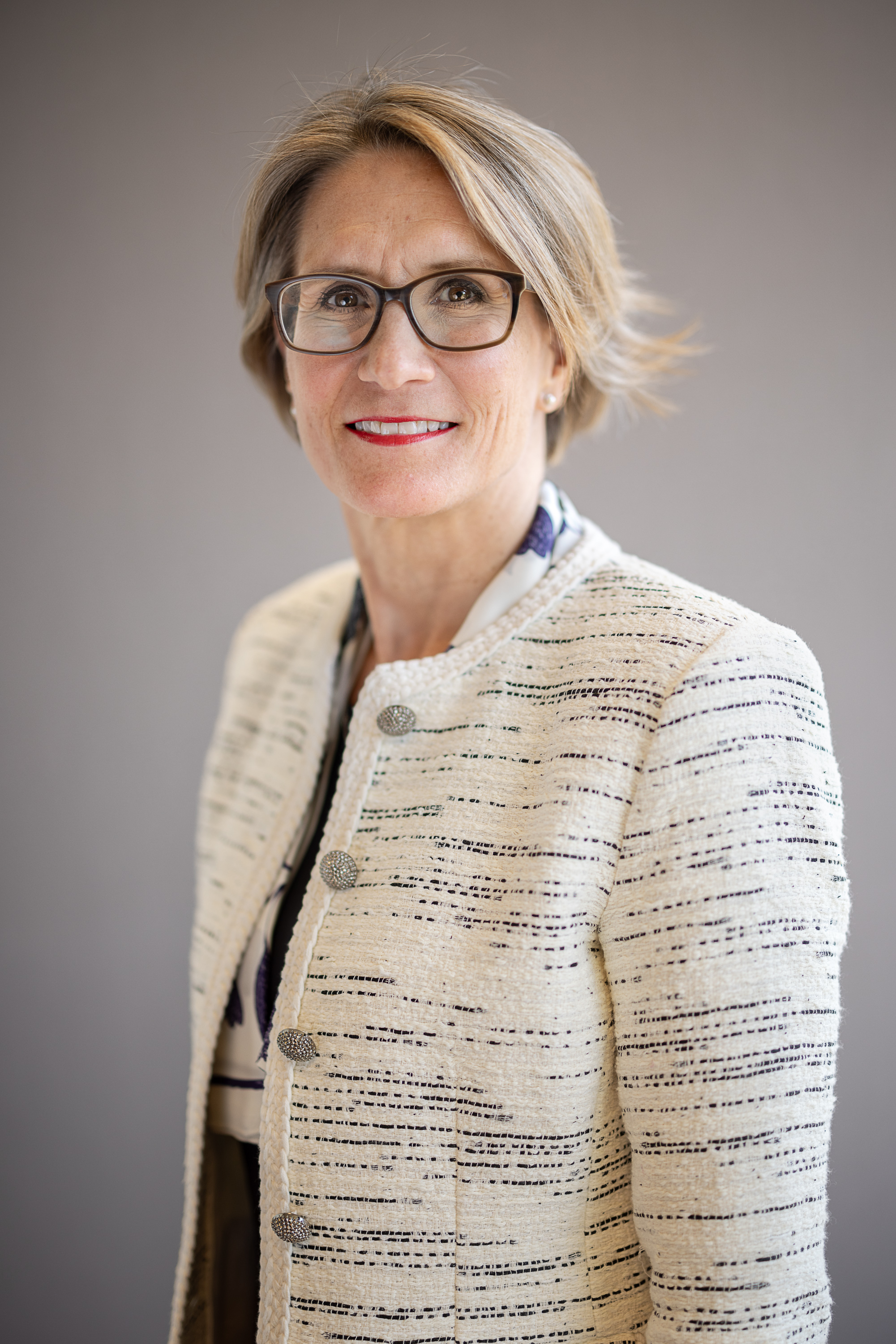
Andréa M Maechler Deputy General Manager, BIS
|
Andréa M Maechler became Deputy General Manager of the BIS on 1 September 2023. Ms Maechler was a member of the Governing Board of the Swiss National Bank (SNB) from 2015 until 2023. At the SNB, she was responsible for the Money Market and Foreign Exchange, Asset Management, Banking Operations and Information Technology portfolios. Prior to joining the SNB, she was Deputy Division Chief in the Global Markets Analysis Division of the International Monetary Fund. She has worked at other international organisations, including the European Systemic Risk Board and the Organisation for Economic Co-operation and Development. She was Chair of the Global Foreign Exchange Committee of central banks from December 2021 to June 2023. Ms Maechler has a PhD and a master's degree in International Economics from the University of California, Santa Cruz, and a Diploma of Higher Studies (DES) in International Relations from the Graduate Institute of International Studies in Geneva, Switzerland.
PANELISTS
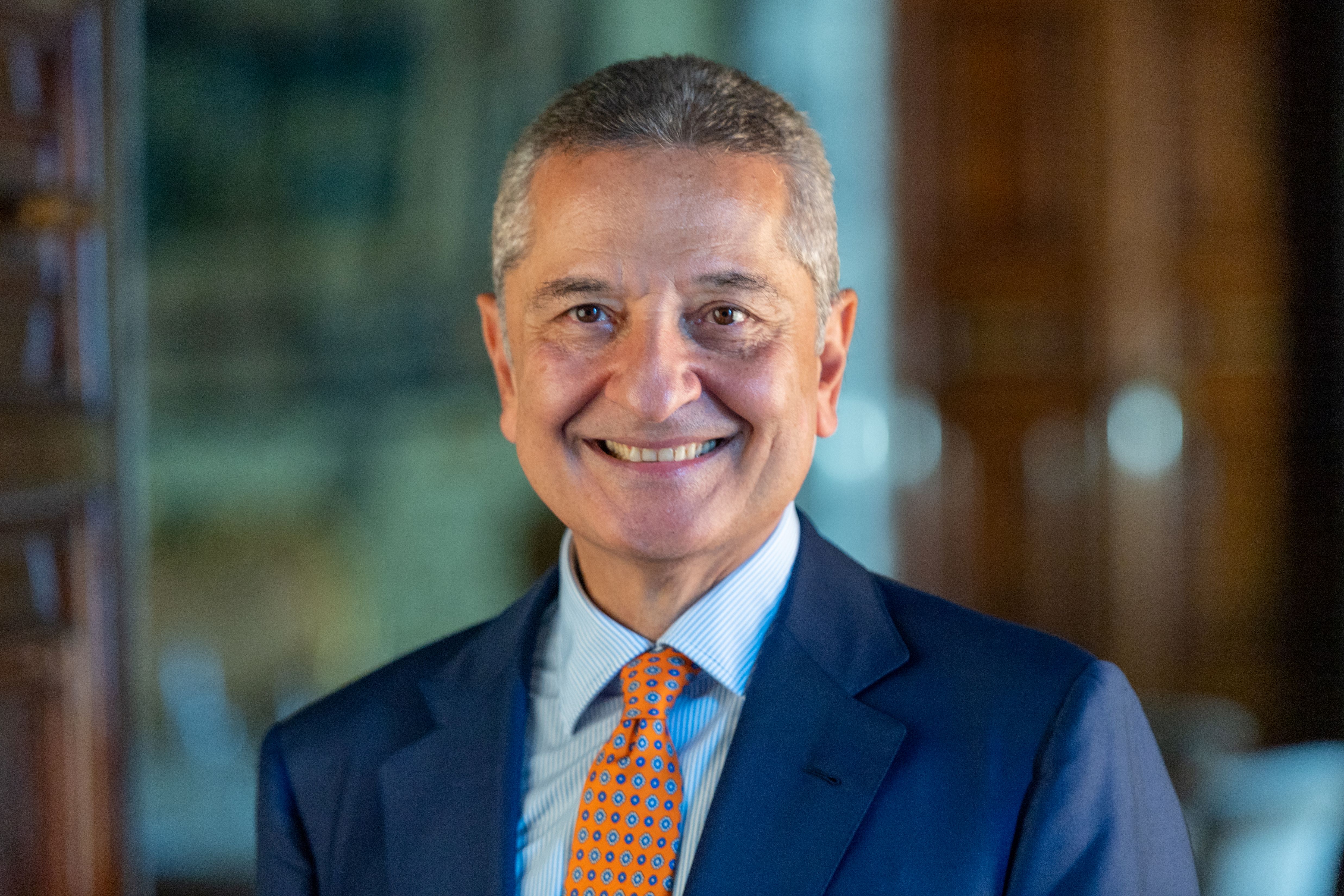 Fabio Panetta Governor, Bank of Italy (Chair of CPMI/ Co-Chair of FSB CPC)
|
Fabio Panetta is Governor of the Bank of Italy and Chairman of the joint Governing Board of the Italian Insurance Supervisory Authority (IVASS). He is also Chair of the BIS Committee on Payments and Market Infrastructures (CPMI) and the FSB Cross Border Payments Coordination Group. Governor Panetta holds a degree in Economics from LUISS University (Rome), an M.Sc. in Economics from the London School of Economics and a Ph.D in Economics and Finance from the London Business School. He joined the Bank of Italy in 1985, where he served as Deputy Governor and Senior Deputy Governor between 2012 and 2019. From 2020 to 2023 he was a member of the ECB Executive Board and Chair of the European Retail Payments Board (ERPB) and of the Euro Cyber Resilience Board for pan-European Financial Infrastructures (ECRB). Author of numerous books and papers published in international journals such as the American Economic Review, The Journal of Finance, The Journal of Money, Credit and Banking, The European Economic Review, The Journal of Banking and Finance.
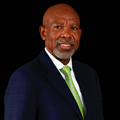
Lesetja Kganyago Governor, South African Reserve Bank
|
Mr Lesetja Kganyago was appointed Governor of the SARB with effect from 9 November 2014 and was reappointed for a second five-year term in November 2019. He is the Chairperson of the Monetary Policy Committee, and the Financial Stability Committee. Prior to his appointment as Governor, Mr Kganyago served as Deputy Governor of the SARB from 16 May 2011 until his elevation to Governor. Mr Kganyago chairs the Committee of Central Bank Governors of the Southern African Development Community (SADC), the Bank for International Settlements Central Bank Governance Group (CBGG) and co-chairs the Financial Stability Board’s Cross-Border Payments Coordination Group (CPC) and Regional Consultative Group for Sub-Saharan Africa (RGG-SSA). In addition, he served as the Chairperson of the International Monetary and Financial Committee, which is the primary advisory board to the International Monetary Fund (IMF) Board of Governors, from 18 January 2018 – 17 January 2021. He holds an MSc in Economics from SOAS University of London and a Bachelor of Commerce degree in Economics and Accounting from the University of South Africa as well as Doctor of Commerce degrees from Stellenbosch University and the Nelson Mandela University. He also received various training in Finance, Economics and Management.
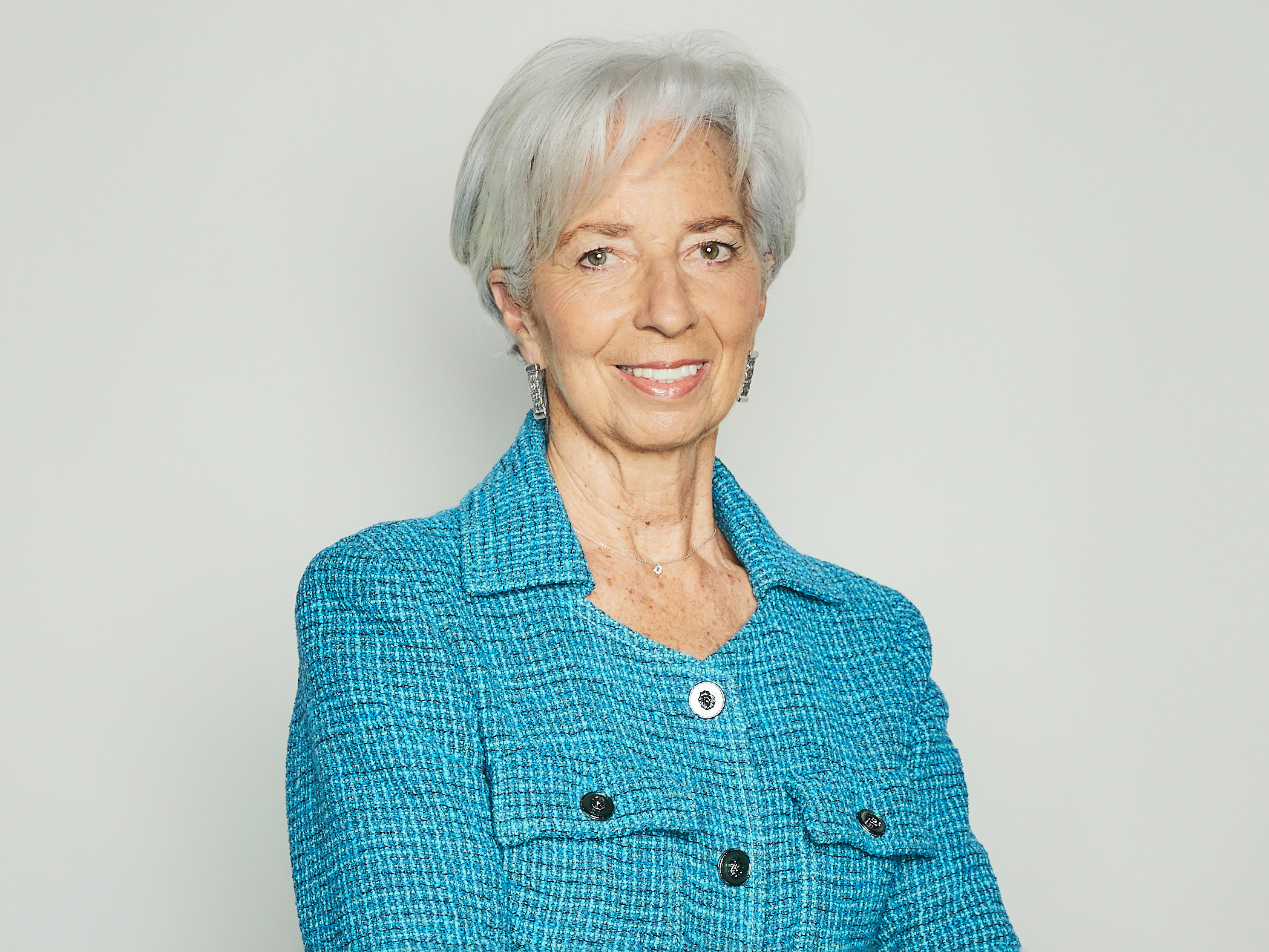 Christine Lagarde President, European Central Bank
|
Christine Lagarde has been President of the ECB and, in this function, also Chair of the European Systemic Risk Board since November 2019. Between 2011 and 2019 she served as Managing Director of the International Monetary Fund. Prior to that she served as French Minister of Economy and Finance from 2007 to 2011, having been Trade Secretary from 2005 to 2007. A lawyer by background, she practised for 20 years with international law firm Baker McKenzie, of which she became Global Chair in 1999. She was the first woman to hold each of these positions. In 2022 President Lagarde was ranked the second most influential woman in the world by Forbes. She has also been recognised by TIME as one of the 100 most influential people in the world. She was named Officer in the French Order of the Legion of Honor in April 2012 and Commander in the National Order of Merit in May 2021.
Chea Serey Governor, Central Bank of Cambodia
|
Serey Chea is the Governor of National Bank of Cambodia. She is passionate about financial inclusion and women economic empowerment. Achievements under her leadership include the establishment of Credit Bureau Cambodia in 2012 that propelled Cambodia’s Ease of Access to Finance to number 7 worldwide in 2017 by the World Bank, the introduction of Bakong, a national backbone payment system using DLT allowing interoperability amongst all financial service providers making financial services more accessible and affordable, and the introduction of financial literacy into the general education program. Serey holds a PhD in economics and is currently a member of the Board of Directors of the Alliance for Financial Inclusion (AFI) and a member of the Alumni Community of the Young Global Leaders of the World Economic Forum (WEF).